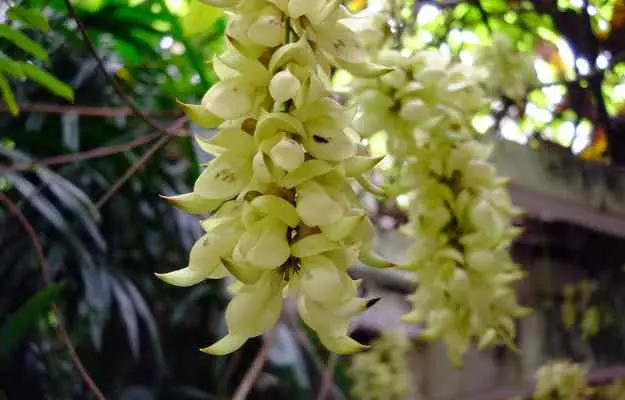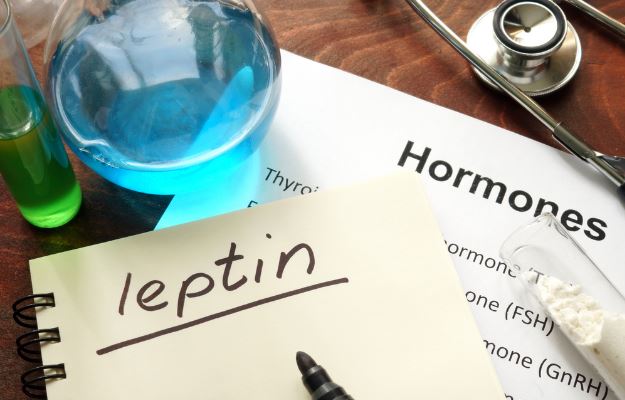Kapikacchu or velvet bean is one of the many medicinal herbs found growing wild in the Indian planes. For those of us who are more acquainted with ayurvedic medicine may already know about this medicinal marvel. But if you are still unaware of these tiny seed pods, you are definitely missing out on an important ayurvedic herb.
But what is so special about it?
Well, kapikacchu is one of the best aphrodisiacs recognised by the traditional medicine system and mentions of this herb have been found in the oldest ayurvedic texts. But what got this herb its much-awaited recognition in the international market is the presence of L-DOPA, a precursor of the hormone dopamine which is effective in the treatment of Parkinson’s. Not only this but kapikacchu also helps in building muscle mass and improving endurance which makes it an important part of sports supplements.
Want to know more?
This article would tell you all about kapikacchu along with the ways you can add it to your everyday life to get maximum benefits. So buckle up.
Some basic facts about Kapikacchu:
- Botanical name: Mucuna pruriens
- Family: Fabaceae
- Common name: Kapikacchu, markati, kapi, kaunch, kevanch, Velvet bean, cowitch, cowhage
- Parts used: Seeds
- Native region and geographical distribution: Kapikacchu grows widely in Asia, Africa, Pacific islands and the USA. In India, it is found growing wild up to an altitude of 1000 m in the Himalayas and in the states of Assam, Bengal, Khasi hills, and the east and the west coast line It also grows wild in the Andaman and Nicobar islands.
























